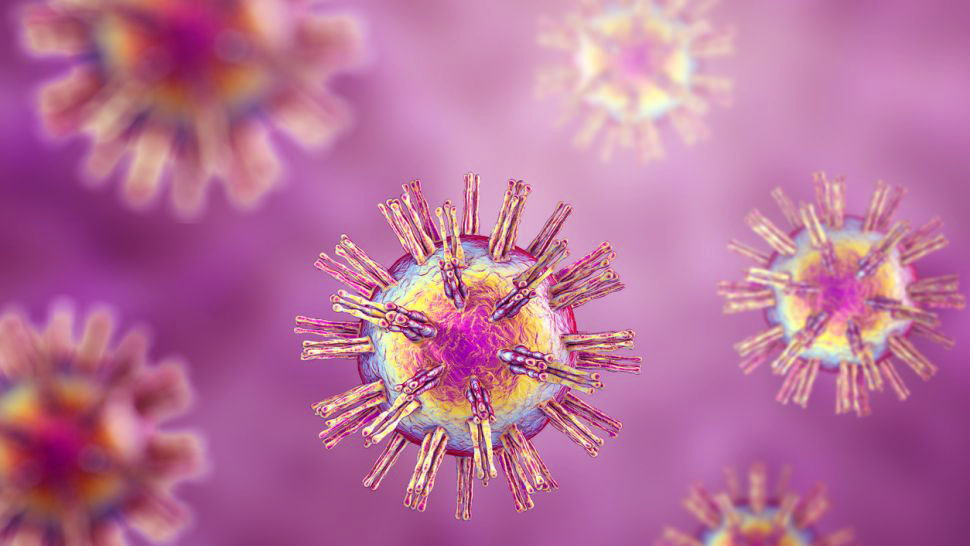Genital herpes is a common infection that spreads through sexual contact, caused by two types of viruses—herpes simplex virus type 1 and type 2 (HSV-1 and HSV-2). Most often, herpes appears around the mouth or in the genital area.
HSV-1 primarily causes oral and perioral herpes, while HSV-2 mainly leads to genital herpes. Most people with oral herpes don’t show symptoms. Infection typically occurs during childhood or young age through non-sexual contact with saliva.
Oral herpes, caused by HSV-1, can spread from the mouth to the genitals during oral sex. This is why some cases of genital herpes are caused by HSV-1.
Contracting the herpes simplex virus can happen through vaginal, anal, or oral sex. Genital herpes infection may occur even when there are no visible sores on a partner or if they are unaware of being infected.
Genital herpes doesn’t result from contact with toilet seats, mattresses, or pools. Infection won’t occur by touching items like silverware, soap, or towels.
Genital herpes may have mild or no symptoms. Mild symptoms might go unnoticed or be mistaken for other skin conditions like pimples or ingrown hairs, leading to the infection often going unnoticed.
Herpes symptoms usually go away on their own but can recur. They may include small blisters that burst, leaving red open sores around the genital area, anus, thighs, or buttocks. Healing may take a week or more. After infection, flu-like symptoms may occur—chills, body aches, or swollen lymph nodes. Numbness, burning, or itching around the genital area, unusual discharge, and pain during urination may also be experienced.
Reducing the risk of genital herpes infection can be achieved through long-term monogamy with a partner who doesn’t have herpes and using condoms during sexual activity. However, not all herpes outbreaks occur in areas covered by a condom, and the virus can be shed in areas without visible sores. For these reasons, condoms do not provide complete protection against infection.

